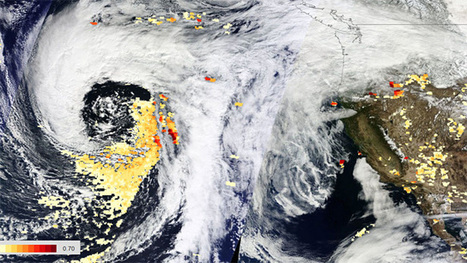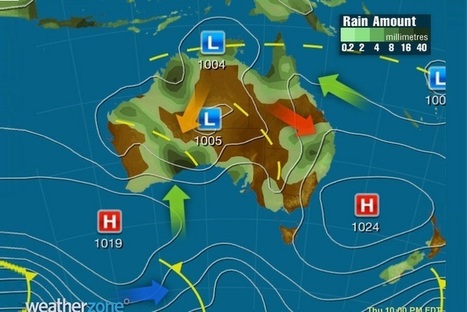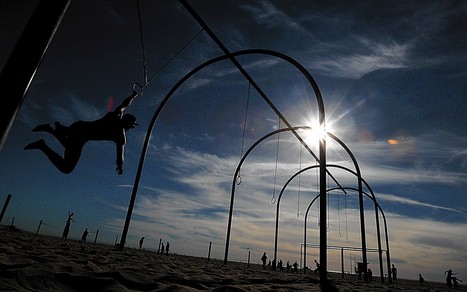Extreme La Nina events occur when cold sea surface temperatures across the central Pacific Ocean create a strong temperature gradient to the Maritime continent in the west. This work projects an increase in frequency of La Nina events due to faster land warming relative to the ocean, and a greater chance of them occurring following extreme El Nino events.
Research and publish the best content.
Get Started for FREE
Sign up with Facebook Sign up with X
I don't have a Facebook or a X account
Already have an account: Login
How might we keep the lights on, water flowing, and natural world vaguely intact? It starts with grabbing innovative ideas/examples to help kick down our limits and inspire a more sustainable world. We implement with rigorous science backed by hard data.
Curated by
PIRatE Lab
 Your new post is loading... Your new post is loading...
 Your new post is loading... Your new post is loading...
|
|
















Extreme La Niña events might be experienced about every 13 years, rather than every 23 years, as they are now, but not like clockwork, according to lead study author Wenju Cai, a climate scientist at the Commonwealth Scientific and Industrial Research Organization in Aspendale, Australia. "We're only saying that on average, we expect to get one every 13 years," said Cai. "We cannot predict exactly when they will happen, but we suggest that on average, we are going to get more."
The study finds that powerful La Niñas will immediately follow intense El Niños, causing weather patterns to alternate between wet and dry extremes.
see also:
http://www.nbcnews.com/science/environment/global-warming-may-lead-more-frequent-la-nina-events-study-n292451